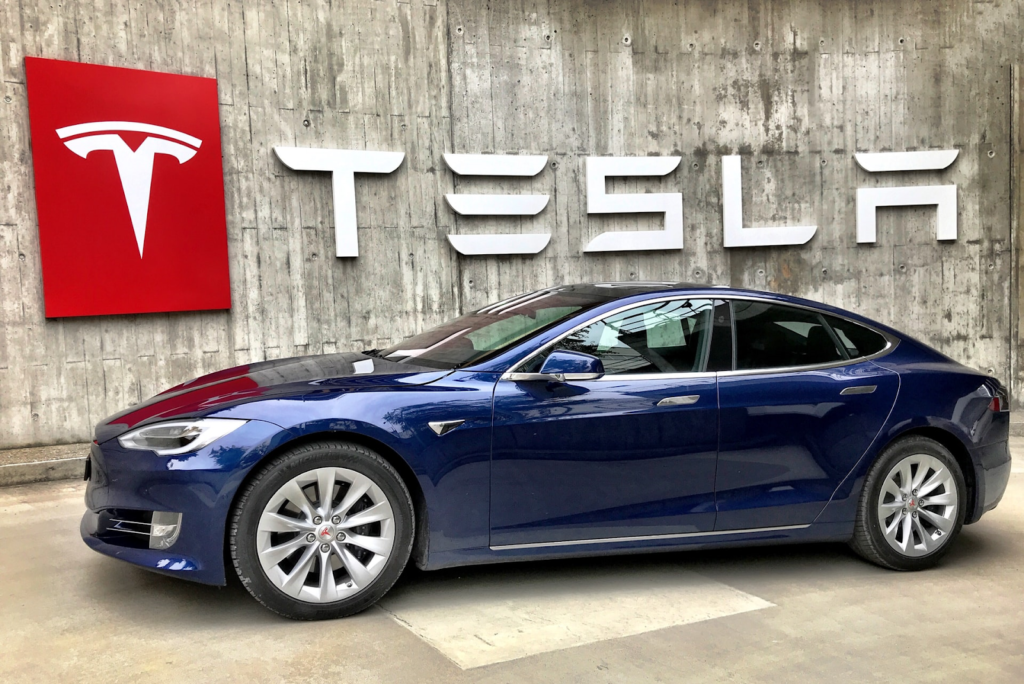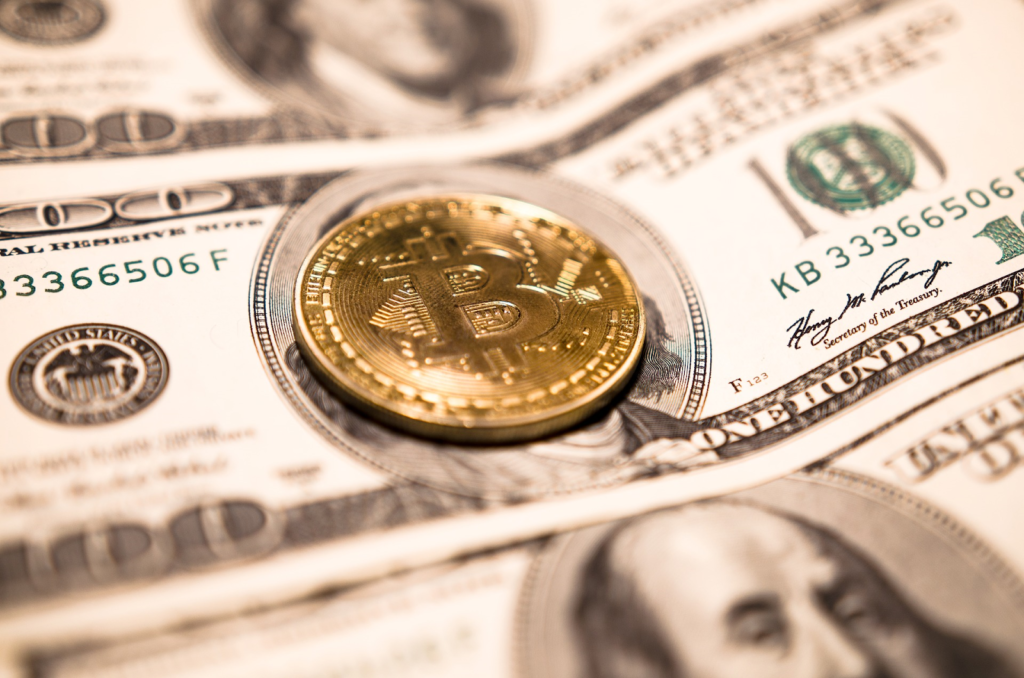Superman’s dog Krypto would be an awesome pet to own! Krypto could walk himself, clean up after himself, save cats in trees, light the backyard grill with his heat vision, keep beer cold in its mouth with its freeze breath, and sense optimum Hot Pocket readiness with its super-enhanced sense of smell. And Krypto knows Superman!
Unfortunately, we don’t live in a world with super-powered dogs.
We live in a world with the super speculation of dog-themed crypto coin investments that started as a joke but are now worth tens of billions.
And the dog-themed cryptocurrency isn’t a real dog or even pronounced “dog.”
And instead of Superman, we get Elon Musk hosting SNL and cheerleading for a dog-themed cryptocurrency (womp womp).
Seriously, what’s going on with Elon Musk and Dogecoin?
Dogecoin is a joke cryptocurrency that was conceptualized and launched a decade ago. Its existence is a commentary on the ridiculousness of the wild, irresponsible speculation of cryptocurrencies.
Now Dogecoin, which recently reached a market capitalization worth $67 billion, is being propelled to increasing levels of value by retail investors. These everyday people encourage each other online to invest and buck the system as a joke.
Dogecoin had more value than 75% of the companies listed on the S&P500 in early May 2021.
How does something become a hollow parody of its former self when it was always a hollow parody? (Perhaps a koan-style question that more meme investors should consider before investing?)
And why is Elon Musk, tech entrepreneur, electric car visionary, and billionaire, using his valuable time to endorse and manipulate the value of a joke cryptocurrency like Dogecoin?
To answer those questions, we first have to briefly explore the origin of Dogecoin, the recent GameStop investing scandal, and Musk’s penchant for publicly awkward and baffling self-aggrandizement.
Do you need quality and professional SEO content writing services? Check out Content Dog today.
Related: The Benefits of Hiring an SEO Agency
What is Dogecoin?
Dogecoin, ostensibly pronounced “dohj-coin,” was created in 2013 as an internet parody of Bitcoin. The Dogecoin logo is a comical image of a Japanese breed of dog called a Shiba Inu, offering the viewer a side-eye with a “D” superimposed over the image.
The Dogecoin cryptocurrency was conceptualized as a satiric answer to Bitcoin and the pop culture craze swarming cryptocurrencies. Dogecoin was not meant to be taken seriously as a digital cryptocurrency.
Cryptocurrencies are created by users employing advanced computers called mining rigs, amongst other means, to solve mathematical equations on an online public ledger called a blockchain. When the equation is solved, cryptocurrencies are awarded.
The original developers of Dogecoin, Jackson Palmer and Billy Markus, found the cryptocurrency craze ridiculous. In the beginning, the developers even paid employees in hundreds of thousands of Dogecoins to mock the mining concept.
In January 2021, one Dogecoin had a value of barely a penny. By May 11th, the market trading value of a Dogecoin surged to $0.75. Dogecoin has surged in value by over 15,000% in the past few months.
And Dogecoin is doing well for a joke cryptocurrency that was never meant to be taken seriously. There are about 10,000 distinct cryptocurrencies in existence, and Dogecoin is in the top 10.
Dogecoin was the #4 cryptocurrency globally for some time.
So why is Elon Musk, one of the creators of PayPal and perhaps one of the people who will help design future space travel, endorsing a joke cryptocurrency?

It may have something to do with retail investing and the future of cashless currency.
Or Musk may just be doing it for his enjoyment.
GameStop and Retail Investing
In early 2021, ordinary people began crowd-investing in GameStop, a video game retailer. People started chatting, and trading memes on Reddit, Facebook, and other social media site about crowd-investing in GameStop as a way to buck the system.
Short investing is an advanced investment technique where one investor borrows struggling stock from another investor. If the stock continues to fall, investor #1 sells it at a profit and gives it back to the lender.
The GameStop scandal was about everyday people, the kinds of people who don’t heavily invest, bucking the system. Traditional investors lost fortunes. “Meme investing” and “retail investing” are now viable, if not stable, investing strategies because of the GameStop scandal.
It may be a reach, but Elon Musk, no stranger to self-promotion, has appreciated the power of retail investing on the online grassroots level.
Recently, Elon Musk announced that his electric car company Tesla would no longer accept Bitcoin, the original cryptocurrency, because of the harmful carbon emissions caused by crypto mining.
Previously, Musk had invested over $1.5 billion in Bitcoin and had authorized its use as payment at Tesla.
Musk then tweeted that he would coordinate with the Dogecoin developers to help make the cryptocurrency more efficient. After that tweet, the value of Dogecoin increased by over 40%.
Musk can’t be given all of the credit for Dogecoin’s massive rise in popularity. Many other celebrities have also endorsed the joke cryptocurrency.
However, Musk’s star power as a tech entrepreneur aiding Dogecoin’s rise can’t be denied.
Most people may not remember that Musk was one of the inventors and development team behind PayPal back in the 1990s. Musk may be experimenting with the grassroots appeal of cryptocurrencies to design new cashless future currencies.
So, why is Musk doing this? Only Musk may know for sure.
Unless Musk has a definitive game plan, Dogecoin’s value may crater and reveal itself as a bubble soon. (Remember, this is a digital joke currency with a dog meme for a logo.)
The Cryptocurrency Bubble
Remember how it was previously mentioned that Musk had a bumbling knack for self-promotion? Even when co-signing Dogecoin, he may have accidentally caused it to lose value.
During Musk’s recent stint as host on SNL, Musk performed in a skit where he called himself the “Dogefather.” Musk commented that Dogecoin was a “hustle.”
Musk also said, “To the moon!” the rallying cry of Dogecoin enthusiasts, but people focused on the word “hustle.”
Dogecoin’s value dropped by over 30% during the show.
Cryptocurrencies are only valuable based on supply and demand based on hype and mania investing.
Or the endorsements of celebrities and entrepreneurs.
No one argues that cryptocurrencies and their blockchain technology have revolutionized finance. But they are not regulated by governments or financial bodies. And cryptocurrencies are notorious for being valuation volatile.
One Bitcoin had the trading value of $63,000 in April 2021 but is now worth about half that. Some people blame Musk, which may or may not be warranted.

Most cryptocurrencies have a limit on how many can be created.
Dogecoin has 130 billion coins in circulation and has no cap. Garrick Hileman, a cryptocurrency expert, told the Wall Street Journal that he fears that Dogecoin could implode in a bubble and lose 90% of its value.
Whatever Musk is doing with Dogecoin and other cryptocurrencies, he should take it more seriously and parse his words when publicly speaking.
In a sad irony, the original developers of Dogecoin left the project before it exploded in popularity. Mr. Markus, who gave away hundreds of thousands of dogecoins to his workers as a joke, cashed out his Dogecoins in 2015, years before the crypto skyrocketed to popularity.
Mr. Markus bought a used Honda Civic after selling his Dogecoins in 2015.
Dogecoin started as a joke, but high finance on a global level is no joke.
If you need creative and professional SEO content writing, Check out Content Dog today.
Related: What is SEO? A Beginner’s Guide
Last Updated on May 27, 2022 by Hilda Wong


The future of cryptocurrencies is uncertain. Many
experts predict that cryptocurrencies will become more widely
accepted, but there are also concerns about the regulation, security and sustainability of these digital assets.
Cryptocurrencies have the potential to revolutionize the way
people transact and store value, making them a potentially valuable tool in terms of financial inclusion and
economic stability. However, there is still much that needs to be done
to ensure the stability and safety of this technology before widespread adoption can take place.